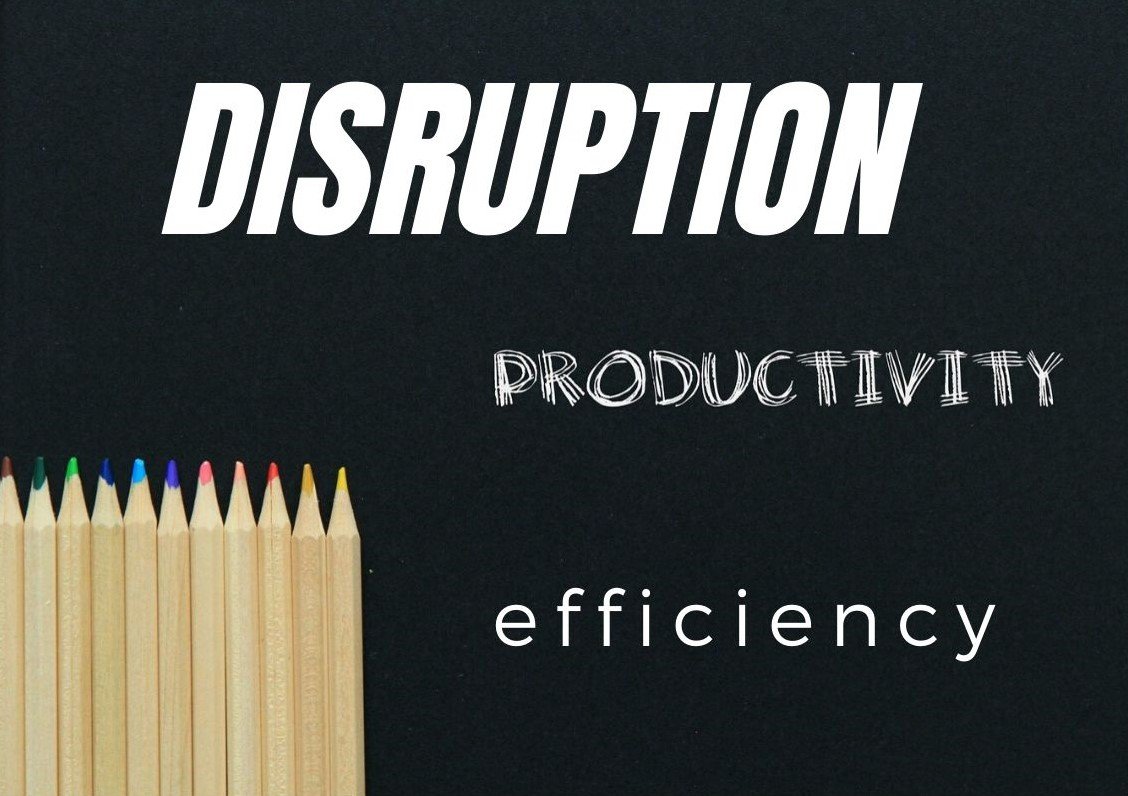What is Disruption?
Disruption in Construction: An Invisible Obstacle Impacting Time and Money
In the construction industry, where precision and efficiency are paramount, certain obstacles can significantly affect a project's productivity. One of these is disruption, a phenomenon that often goes unnoticed but can lead to substantial losses of time and money.
What exactly is disruption?
Imagine a construction project progressing as planned. Suddenly, an unforeseen event disrupts the normal workflow, causing a decrease in productivity. This is precisely what is known as disruption.
Unlike delay, which implies the complete stoppage of an activity, disruption is characterized by a loss of efficiency in the execution of work. It can be caused by various factors, such as actions by the client, the contractor, or even external events.
Examples of Disruption:
- Changes in the project design requested by the client.
- Lack of access to the construction site due to permit issues.
- Adverse weather conditions that prevent normal work.
- Implementation of additional biosecurity measures due to a pandemic.
Why is it important to understand Disruption?
Disruption can have a significant impact on the cost and duration of a project. If not managed properly, it can lead to disputes and claims between the parties involved.
How to identify and manage Disruption?
To identify disruption, it is essential to have a baseline that allows comparing the project's productivity before and after the disruptive event. It is also crucial to keep detailed records of all project activities, including letters, memoranda, daily reports, schedules, etc.
In the event that the disruption is caused by the client, the contractor has the right to submit a claim requesting compensation for the time and money lost. However, it is essential that the contractor provides solid evidence to support their claim.
Recommendations for construction companies:
- Include specific clauses on disruption in contracts: This will help define the responsibilities of each party in the event of a disruptive event.
- Implement a risk management system: Identify and assess potential disruption risks that could affect the project.
- Maintain fluid communication between the parties: This will allow addressing problems in a timely manner and prevent them from escalating into disputes.
- Have a specialized legal team: In case it is necessary to file a claim, it is essential to have the support of lawyers specialized in construction law.
In conclusion, disruption is a challenge that construction companies must be prepared to face. Understanding its impact, implementing preventive measures, and having adequate legal advice are key to protecting the interests of all parties involved in a project.
About Fractal - Ingenieros & Abogados
Fractal—Ingenieros & Abogados is a boutique firm that specializes in Project Management and Construction Law. It is focused exclusively on the Construction Industry.
Our comprehensive services include independent consultancy and advice on claims, contracts, risks, integrity, and project control. We cater to various clients, including law firms, claims consultants, commercial and multilateral banks, fiduciary and insurance companies, arbitration and adjudication courts, dispute boards, project owners, equipment and materials suppliers, national and foreign investors, and engineering and construction companies.
